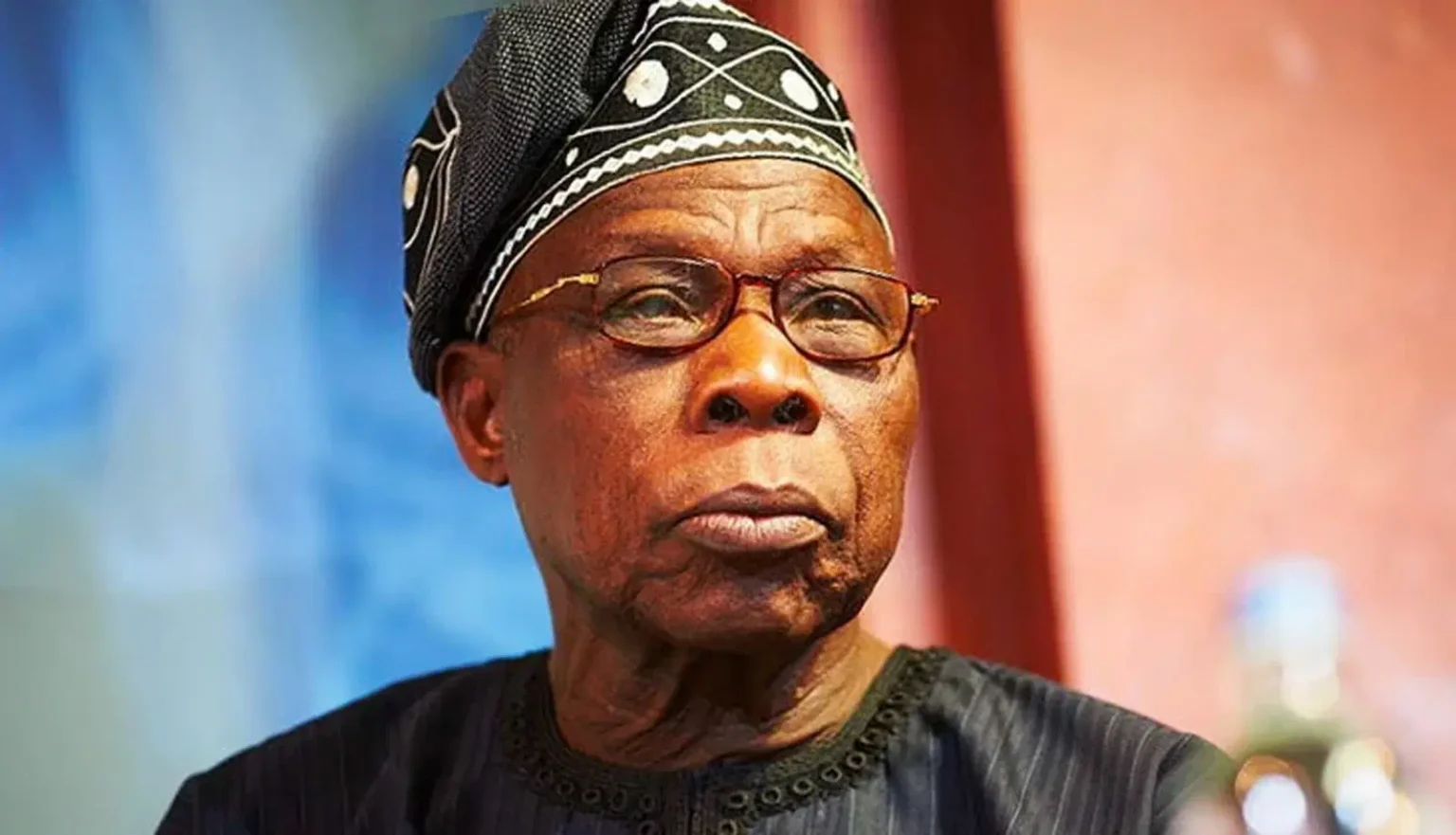Former President Olusegun Obasanjo has called on African youths to embrace the rapidly evolving field of Artificial Intelligence (AI) as a means to advance their careers and prepare for the future.
The advice came during a Q&A session at the 5th Edition of the Presidential Youth Mentoring Retreat, which took place at the Youth Development Centre, Olusegun Obasanjo Presidential Library (OOPL) in Abeokuta, Ogun State.
“If I were your age, between 20 and 35, I would focus on AI,” Obasanjo told the attendees, emphasising AI’s transformative potential for the future workforce.
He predicted that by 2040, the world would see widespread use of driverless vehicles, all powered by AI technology.
“The advancements AI will bring are beyond our imagination,” he added.
Reflecting on his own experiences with AI, Obasanjo shared a recent encounter where he saw AI generating and perfecting a lecture.
He urged the youth to seize the opportunity to engage with this cutting-edge technology.
“If I were your age and hadn’t decided on a career path, I would go for AI,” he said, further illustrating how AI will reshape various industries.
Looking ahead to the future, Obasanjo expressed excitement about the potential technological developments that could radically alter daily life.
“By 2040, I imagine we’ll have devices that serve as phones, radios, and TVs, controlling everything in our homes,” he mused.
“Unfortunately, I’ll be gone by then, but it’s exciting to think about.”
Obasanjo also addressed the changing landscape of work, recounting a story from Nigerian businessman Aliko Dangote.
Dangote had shared an experience where, while hiring drivers for a fleet of 1,000 trucks, he discovered that six of the applicants were PhD holders.
“Those six are lucky for now, but in 25 years, trucks will be driverless, and they’ll need new skills,” Obasanjo noted, emphasising the urgency for young people to prepare for a future where automation will play a central role.
The former president also touched on innovations in agriculture, an area he once feared would not attract young people.
“Thirty years ago, I worried about young people not taking up farming. Now, they’re using technology to innovate. Farming isn’t just about using cutlasses and hoes anymore,” he observed.
He mentioned his recent discussion with the Vice Chancellor of the University of Lagos on “city farming,” a new approach to agriculture that uses soilless, indoor farming techniques, enabling farming in urban areas.
Obasanjo encouraged the youth to view every experience as an opportunity for learning.
Drawing from his own life, which included significant global interactions and a period of imprisonment, he shared that each experience, even the most difficult ones, offers valuable lessons.
“Every experience, even prison, taught me something valuable,” he said. “I don’t recommend prison as preparation, but in every situation, there’s a lesson.”
He challenged the youth, urging them to ask themselves every day: “In the last 24 hours, have you learned anything?”
During the retreat, Dr. Ifeanyi Stanley, a successful entrepreneur, also spoke to the youth, highlighting key values for success.
He emphasised the importance of mentorship, integrity, hard work, humility, consistency, risk-taking, a positive mindset, and continuous self-improvement as essential qualities for achieving success in life.
Obasanjo’s remarks underscored the importance of adapting to technological advancements and positioning oneself for future opportunities. By encouraging young Africans to explore AI and other emerging fields, the former president hopes to inspire a new generation of innovators who can lead the continent toward a more prosperous and sustainable future.



